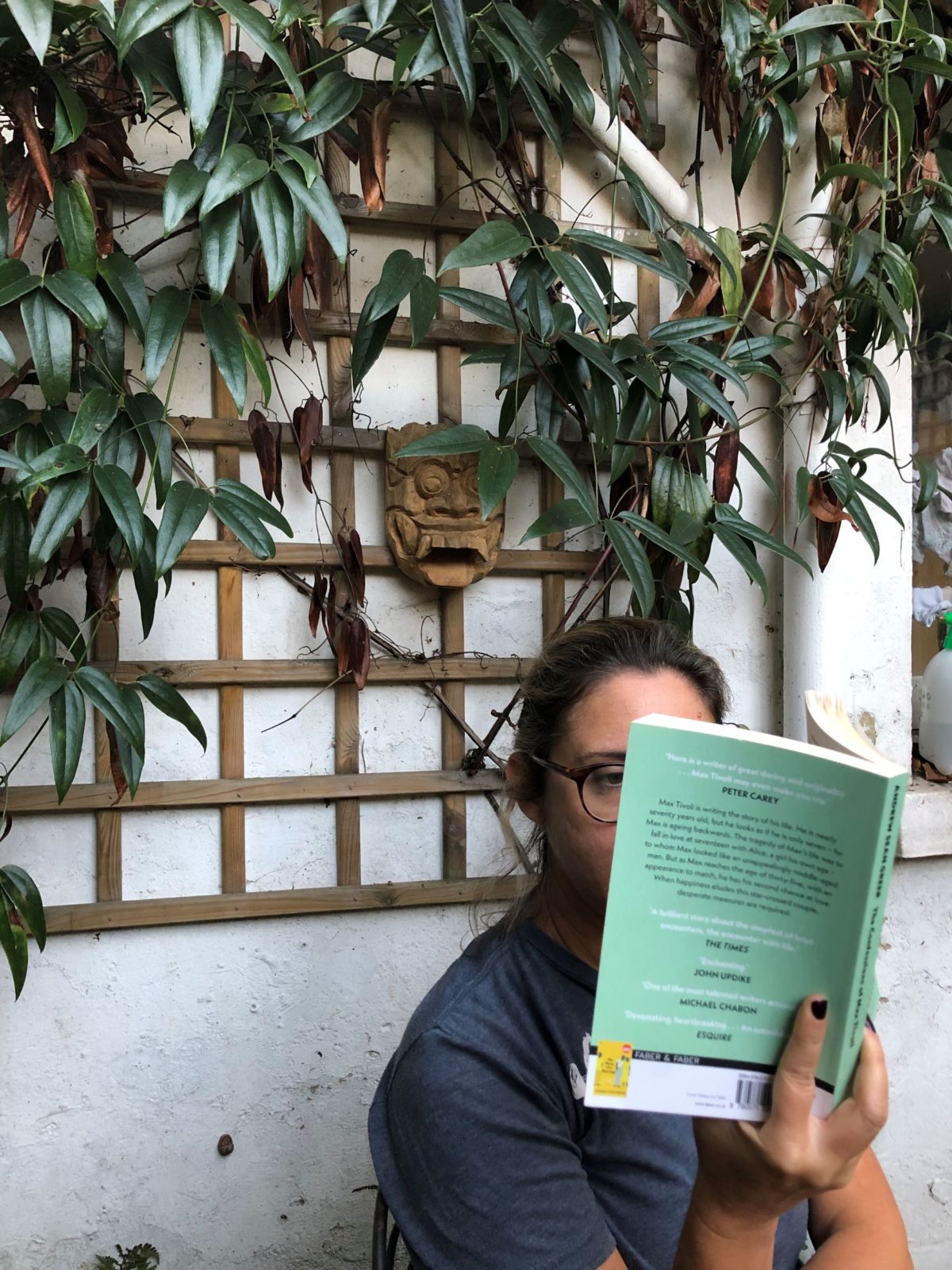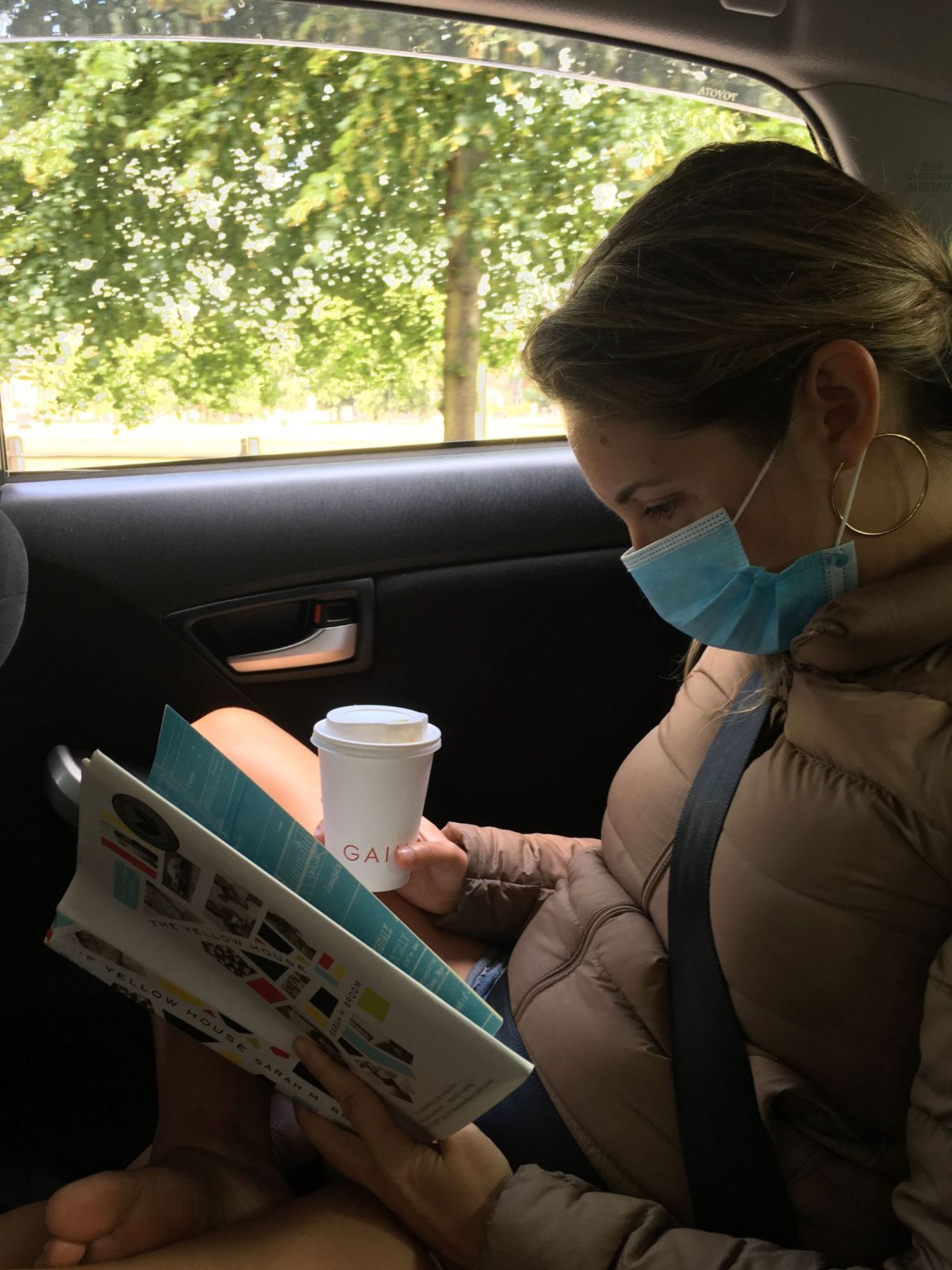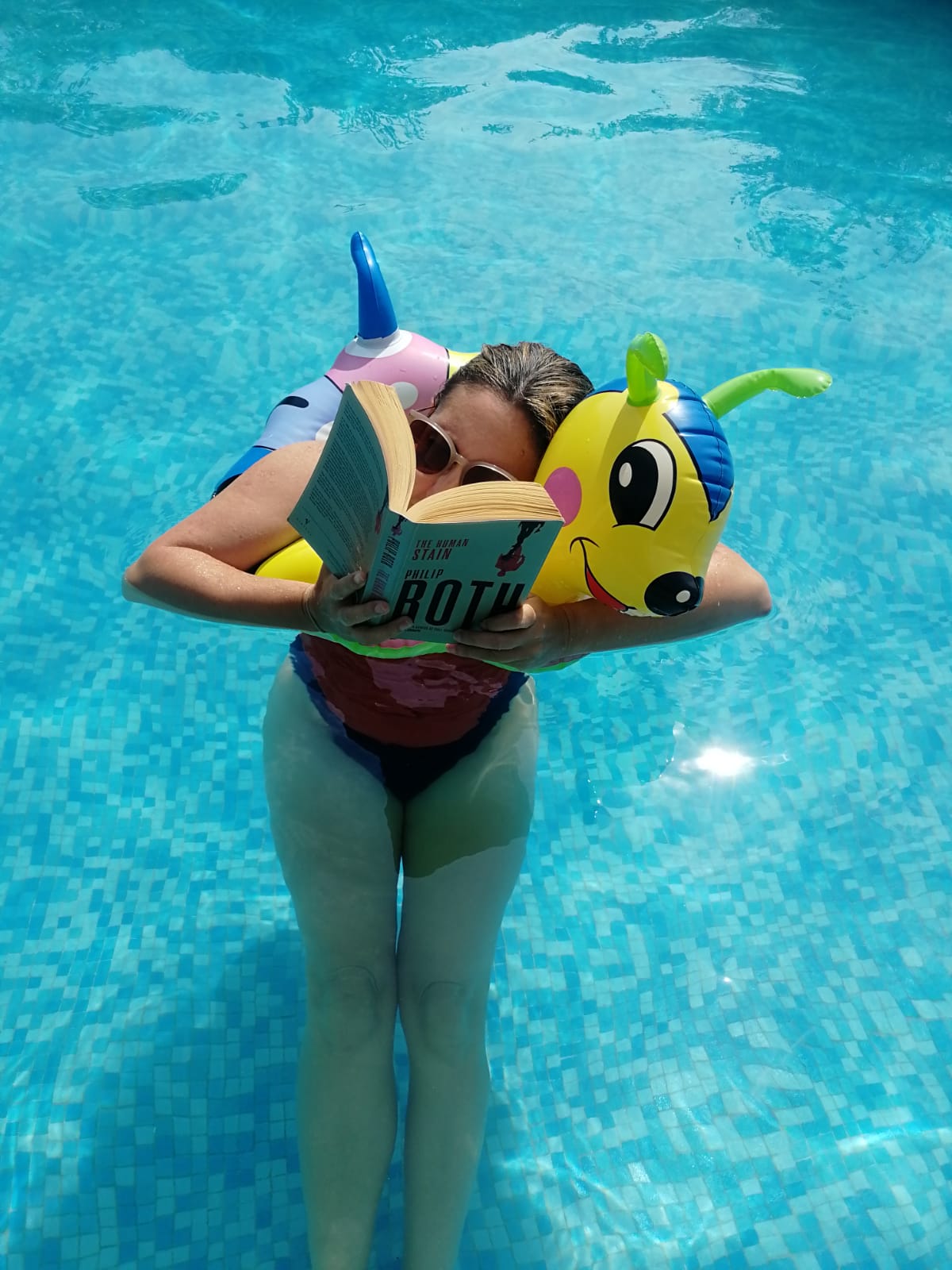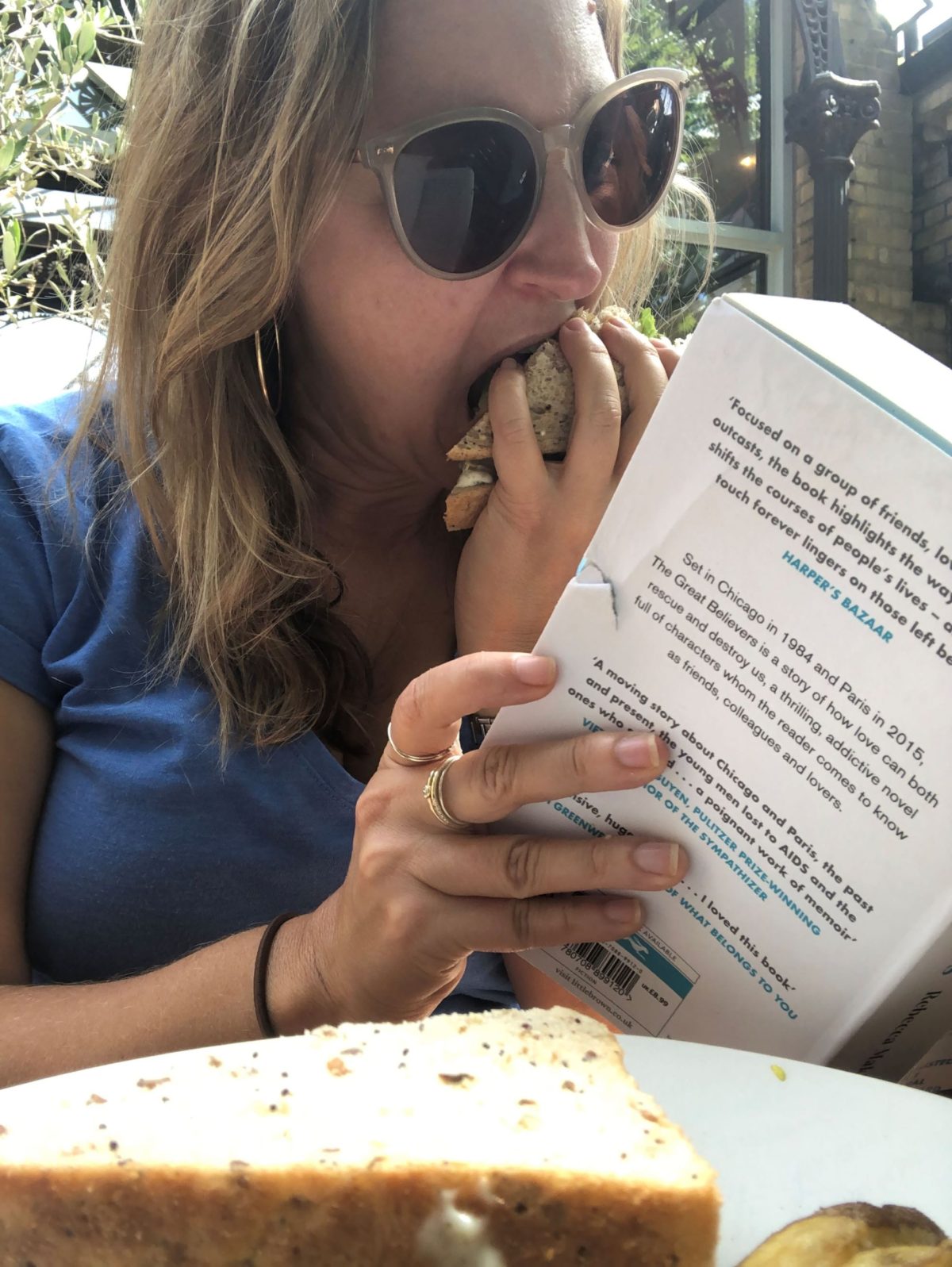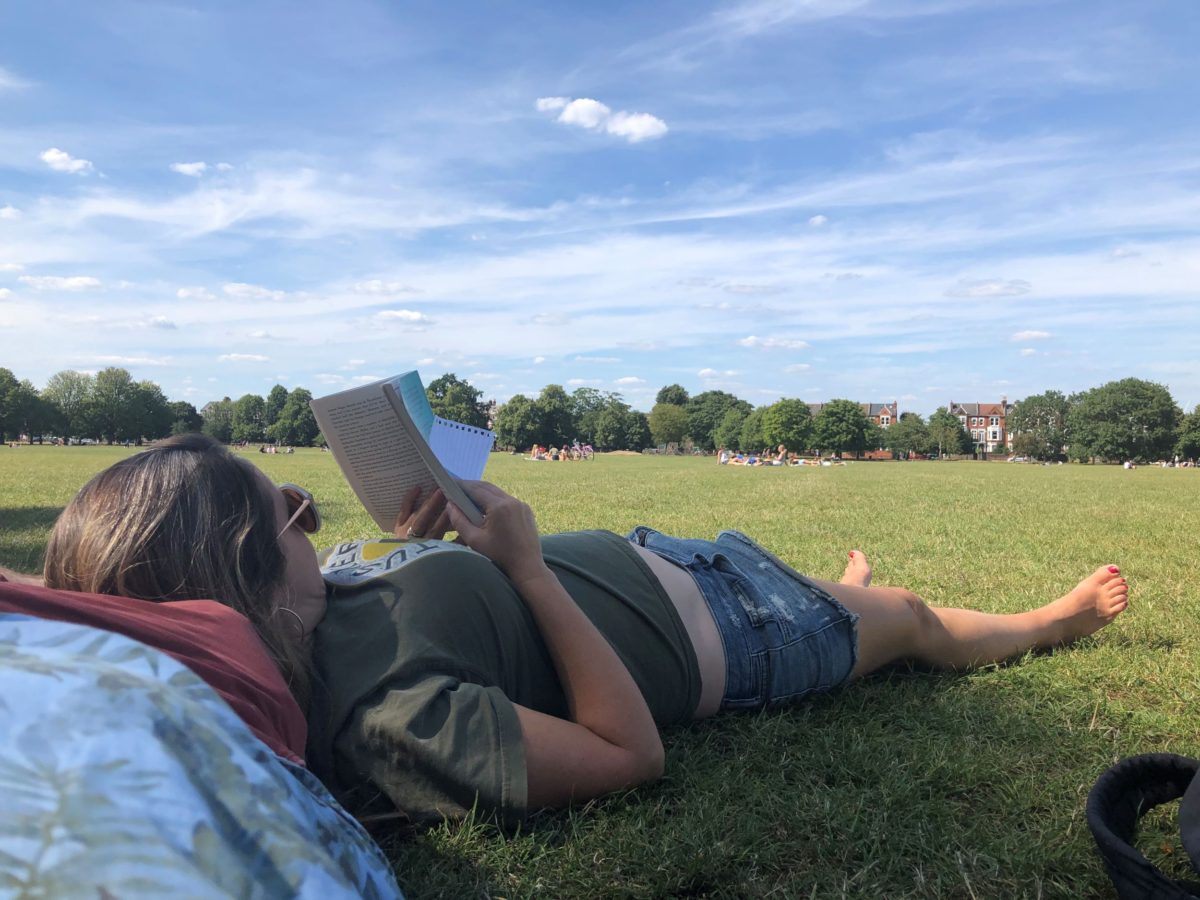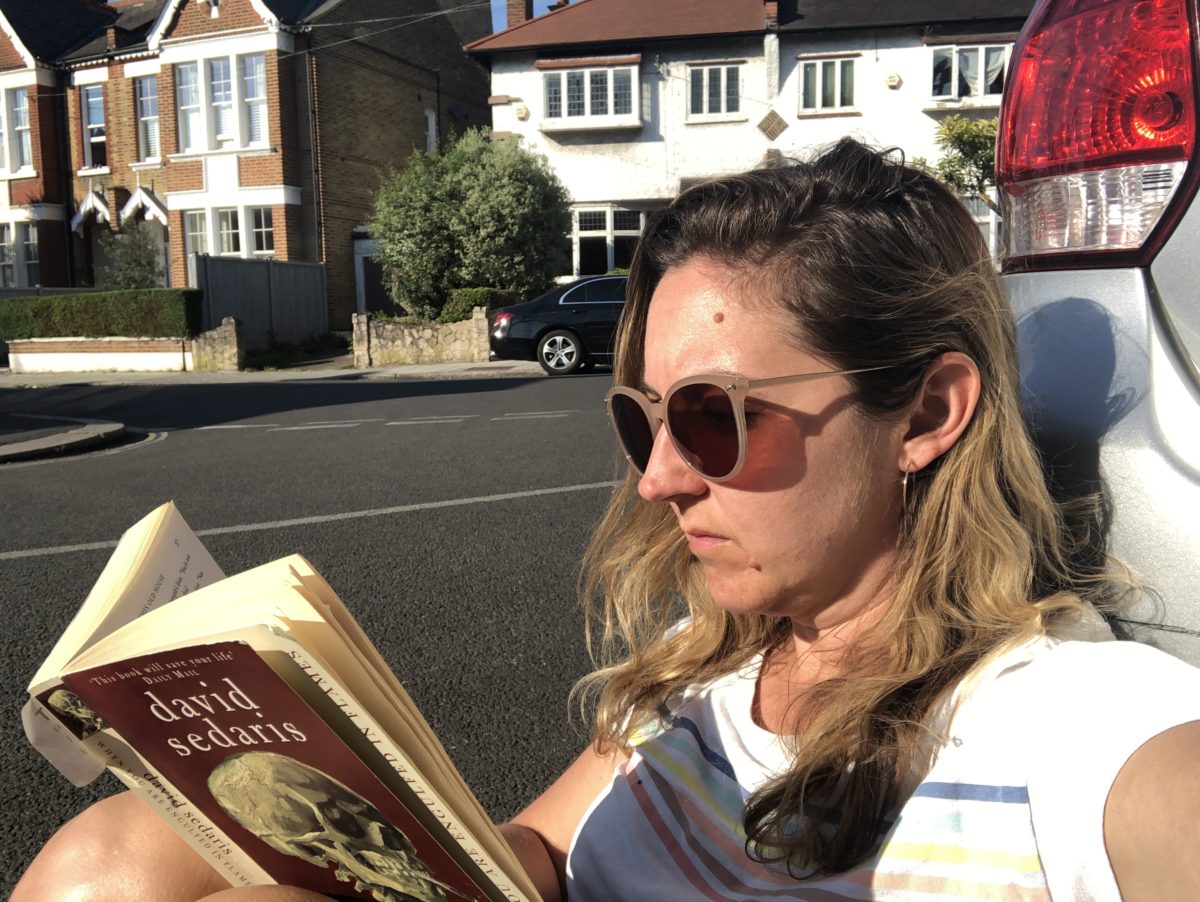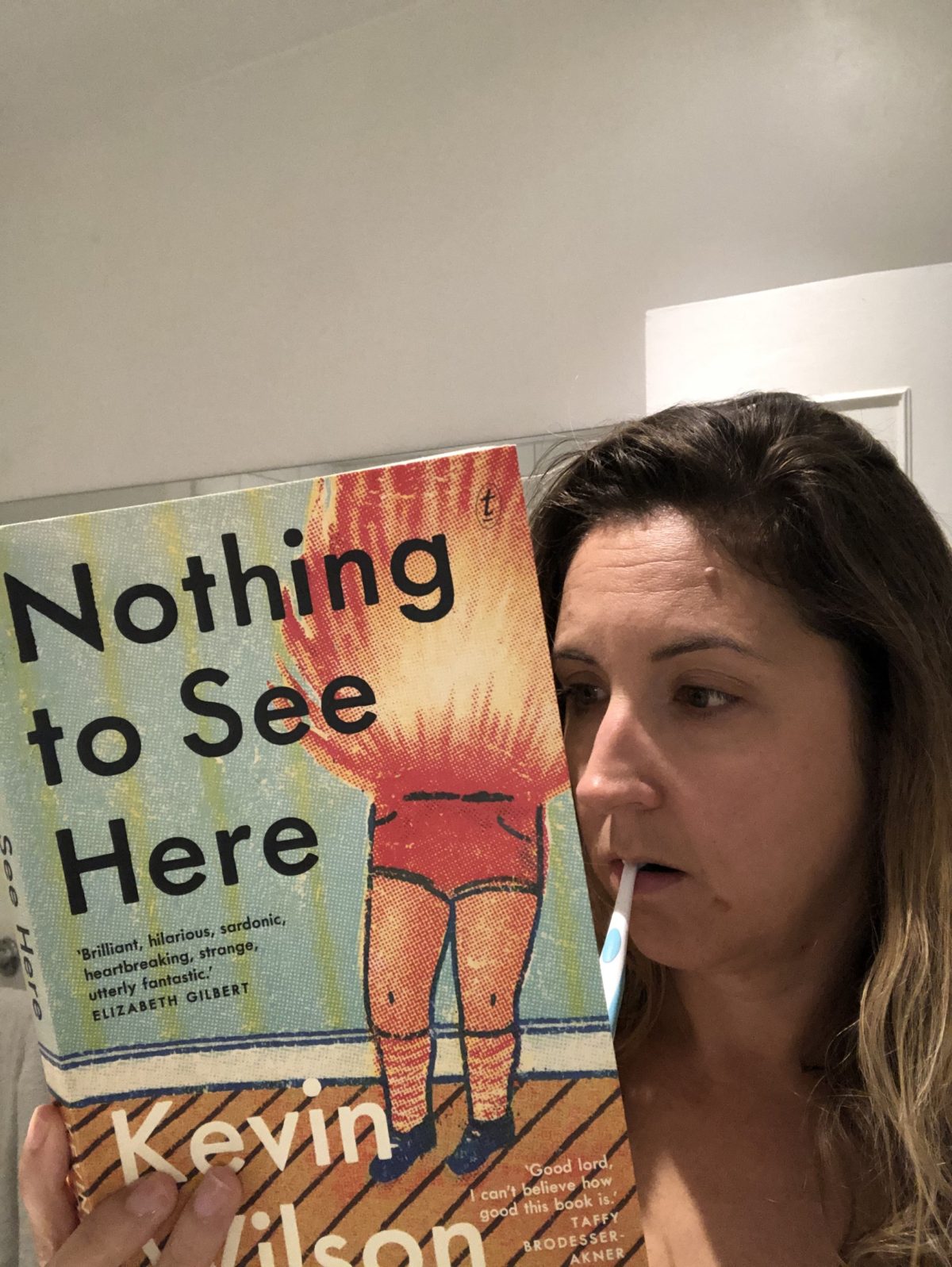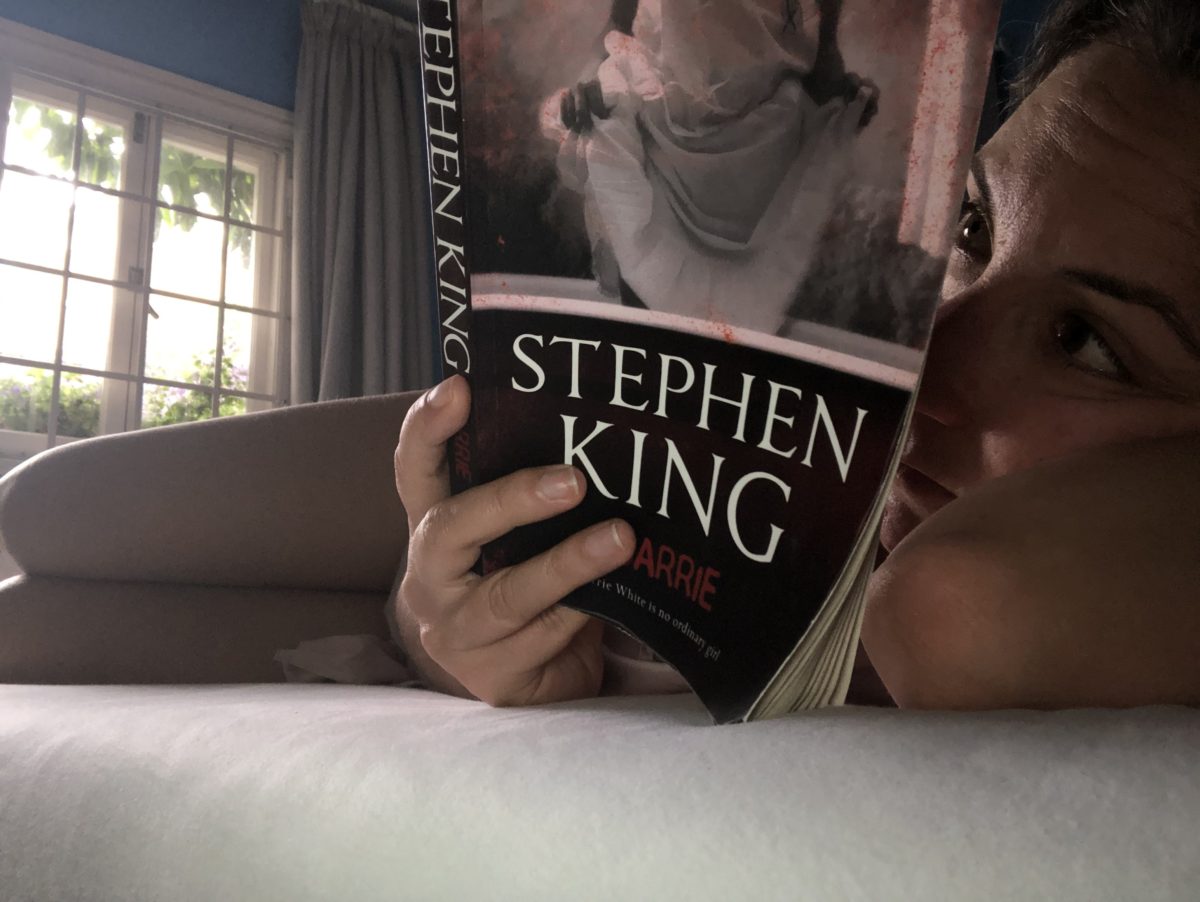We are each the love of someone’s life.
I wanted to put that down in case you become so disturbed by the facts of my confession that you throw it into the fire before I get to tell you of great love and murder.
An amazing beginning. I loved Greer’s Pulitzer winning novel LESS, so had great hopes for this book, which is the story of a man who ages backwards. Set in the early twentieth century, some of it was charming. Lightbulbs are described as “. . . resting on a bed of cotton like the newly deposited eggs of a glass lizard.” Or here is Max’s mother:
She sat sideways in her chair as if she still wore a bustle; she was of a generation that had learned to sit this way in their youth, so she still did it out of habit and out of a sense that this antique pose was the essence of beauty. The women who sat this way are all dead now.
Leaving aside how poignant this is, how do you even do the research to know this is a thing of that period? This sounds like a rave review, but in fact, surprising myself, far from actually really liking this novel, I could not even get up the enthusiasm to finish it.
The key story is supposed to be his love for some girl. He barely knows her, and lots of the novel descends into overwrought imaginings of her as the ideal woman. Somehow this just struck me as very boring. I’ve don’t know if it was because I had just finished THE HUMAN STAIN, but I just felt like I didn’t need any more of mens’ internal struggle with the idea of women who never actually appear.
I don’t know if I’m overly woke, or what. I don’t thinks so though. I think I’m just very much feeling life’s brevity at the moment, so I’m all about quitting what I’m not enjoying. So quit it I did, without worrying too much about my reasons. That I’m not having fun is enough. I strongly suspect that that, my friends, might be the beginning of adulthood. It’s been a long time coming.

